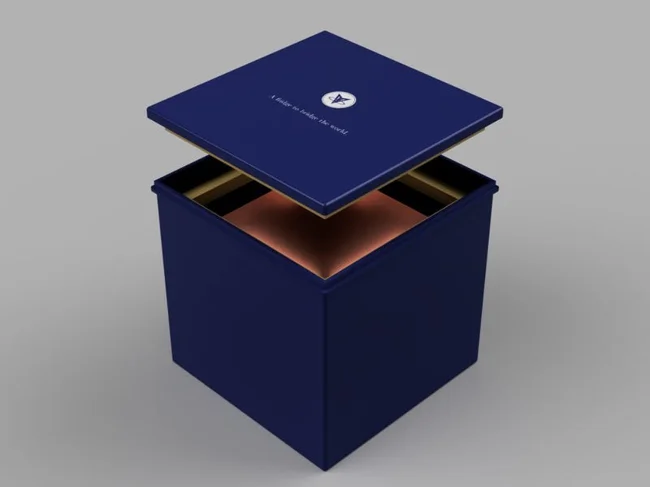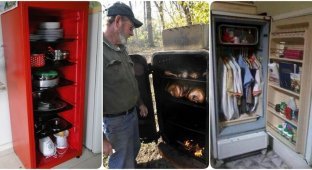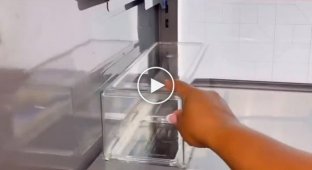Three schoolchildren invented a refrigerator that works without electricity (2 photos + 1 video)
Three teenagers in India have created a salt-powered refrigerator to help deliver vaccines and medicine to rural areas. Dhruv Chaudhary, Mitran Ladhania, and Mridul Jain from Indore won the $12,500 Earth Prize. 
According to Business Insider, the refrigerator doesn't require electricity. Instead, it uses salts, which extract heat from the environment when dissolved in water.
After hearing how difficult it is to deliver a COVID-19 vaccine to rural areas without electricity, the boys decided to find a salt-powered cooling method.
Their invention is called Thermavault. They plan to build 200 of these refrigerators and send them to 120 hospitals for testing with the $12,500 they have earned.
The Thermavault is designed to transport vaccines, other medicines and supplies, and organs for transplant.
“We have been able to store vaccines inside the Thermavault for almost 10-12 hours,” said Dr. Pritesh Vyas, an orthopedic surgeon who tested the device at V One Hospital in Indore. “This will definitely be useful in remote places, villages.” 
Some salts have a cooling effect when dissolved in water, breaking apart the charged atoms, or ions, that make up them. This separation requires energy, which the ions extract from their surroundings, cooling the water around them.
Chaudhary, Ladhania, and Jain found a list of 150 salts online that might work, then narrowed it down to the 20 they thought were most effective.
They then borrowed a lab at the Indian Institute of Technology to test the 20 salts. To their disappointment, none of the salts cooled the water enough.
“Even though we scoured the internet to find the best salt, we went back to our ninth-grade science textbook,” Chaudhary says.
Finally, the trio figured out that ammonium chloride maintains temperatures between 2 and 6 degrees Celsius, which is ideal for many vaccines.
Adding barium hydroxide octahydrate to the mixture allowed the temperature to reach below zero Celsius. This is ideal for some vaccines and organ transplants.
After about three months, the students created a prototype and began testing it in local hospitals.
The Thermavault is an insulated plastic container with a copper lining that holds vaccines or organs. A cooling solution made by dissolving salts in water is poured into the space between the plastic outer wall and the copper inner wall.
Typically, cold containers are used to deliver vaccines to rural areas, using regular ice packs.
The ammonium chloride solution used in the Thermavault can be reused in the field without electricity. The trio said they won't need a freezer to get the ice.

























